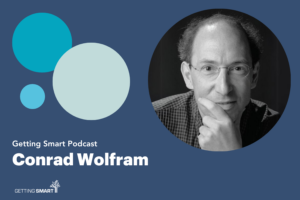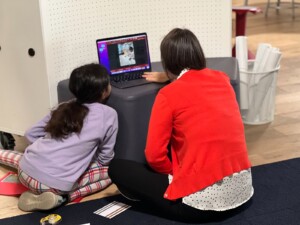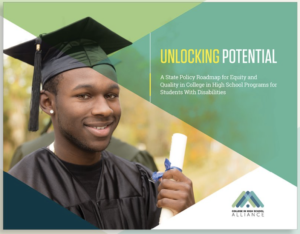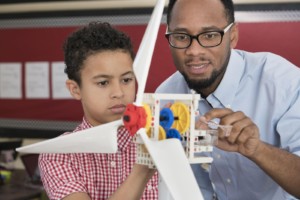Juan Lopez-Valcarcel: Bridging Islands

The app explosion of the last two years is arguably the most notable education event of this new decade. The guy tracking that at Pearson is Juan Lopez-Valcarcel from Pearson’s London office. We visited with his team at BETT in January and caught up with Juan last week. Here’s the summary of our conversation.
TVA: What do you do?
JLV: Six months ago John Fallon (now Pearson CEO) asked me to take on a new role as Chief Digital Officer for our international education businesses. My team is responsible for digital product strategy, technology delivery and partnerships in education outside the US. I work closely with our business presidents on digital strategy and accelerate our digital transformation through a compelling digital products and services strategy.
This is a newly created role, so when I started out the first priority was to start bringing together the talented but siloed international technology teams, and hiring strong talent for the product and programme management functions.
TVA: You deal with a lot of variety.
JLV: It definitely keeps things interesting. We are growing rapidly at Pearson in digital and services (which accounts for 50% of our revenues) and we’re seeing lots of growth in markets such as Brazil, China and India.
We have internal technology teams and multiple recent acquisitions; some know how to develop and ship software in agile ways and others are still print oriented. They’re all passionate about education and we are fortunate to have many talented teams across Pearson with multiple areas of expertise.
TVA: What is your take on the market?
Technology has the power to transform education, to make it more effective and personal. I believe it’s important to focus on the educational efficacy and learner engagement first, rather than technology for technology’s sake.
With that in mind, I often describe our digital transformation as “building bridges” between four siloed “islands” in the digital industry: edtech, web startups, telecoms hardware, and data analysis. These groups operate as “islands” because often professionals specialise in one of them and only participate in their own trade associations, events and discussions.
Imagine the possibilities to transform the product and learning experience for students and teachers if we are able to bring together the best expertise from each of those islands together: the deep pedagogy expertise in edtech, the amazing design and UX from the web startups, the multiplicity of hardware in the telecoms market and deep insights from data analysis.
At Pearson, we are working at building bridges from our Ed Tech island into the other islands, in order to create better digital products for our learners:
- with the web community: sponsorships, APIs, hackathons;
- with the hardware community: pilots with Samsung, Apple, Nook and active discussions with many other hardware providers; and
- with the data analytics community: we have built a great platform of capabilities to analyze the interactions between our learners and products, and then use these insights to improve learning efficacy. This links back to our announcement last week, that all investment over $3 million at Pearson have to go through our efficacy programme evaluation, so that we are always measuring achievement.
TVA: Do you think large companies can stay innovative?
We like to think of our business units as internal startups and a lot of our talent is coming from acquisitions of high-growth digital businesses. Still, I firmly believe that innovation cannot happen just within our walls and staying close to startups is key. For some time we have been running hackathons based on our API sets live on developer.pearson.com.
We’re also involved in sponsoring coworking spaces like Rocketspace and General Assembly, and are very active in those spaces with our teams collocated there and becoming part of the community, hackathons and startup weekends.
For us, the next stage in this ongoing dialogue with the startup community is Pearson Catalyst programme, which aims to match startups with Pearson brands to deliver pilot programmes, and offer access to Pearson resources and product experts.
Our company motto is “Always Learning” and I feel it also applies to how we are approaching innovation through trying out different models and ways of working and learning what works as we go along.






0 Comments
Leave a Comment
Your email address will not be published. All fields are required.